PHL STRESSES COC, ARBITRATION TO BUILD TRUST IN EAST ASIA AT JEJU FORUM
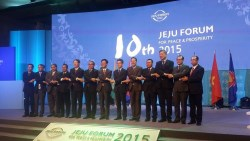
Philippine Ambassador to Korea Raul S. Hernandez (9th from left) joins his counterparts from the foreign ministries and ASEAN permanent missions of the 10 ASEAN member countries and the ASEAN Plus Three countries (China, Japan and Korea) at the opening of the two-day13th East Asia Forum (EAF), which was held on 20-21 May 2015 back-to-back with the 10th Jeju Forum for Peace and Prosperity at Haevichi Hotel and Resort in Seogwipo, Jeju Island in South Korea.
SEOGWIPO, 26 May 2015 – The Philippines underscored its efforts to push a rules-based approach in settling disputes in the South China Sea (SCS) as part of soft security cooperation to build trust leading to the establishment of the East Asia Community (EAC) at the recently concluded two-day 13th East Asia Forum (EAF) held on Jeju Island in South Korea.
Philippine Ambassador to Korea Raul S. Hernandez, who represented the country in the Track 1.5 forum, said the peaceful and permanent approach consists of pushing the early conclusion of a substantive and legally binding ASEAN-China Code of Conduct (COC) and seeking third-party arbitration of the various maritime disputes in the SCS in accordance with the UN Charter and the UN Convention of the Law of the Sea (UNCLOS).Speaking as one of four discussants in the first session held under the theme of Trust Building in East Asia through Soft Security Cooperation", Ambassador Hernandez spoke of the need to properly manage international relations given the emergence of powers competing for resources and influence in the region.
For trust to exist and to be enhanced, countries in this region have to be committed and bound by international rules and the rule of law," he told the participants from industrial circles, government and academia in ASEAN and ASEAN Plus Three (APT) countries, namely China, Japan and Korea.
He mentioned the need to support the establishment of a regional security structure that responds to the current security challenges in the Asia-Pacific and premised on the rule of law, specifically on the principles of international law.
Aside from its efforts in the SCS, specifically covering the West Philippine Sea, the Philippines also has a track record in peace-building in national security question, in particular by engaging fellow ASEAN (Malaysia, Indonesia, and Brunei), APT (Japan), non-ASEAN countries (US, UK, Australia, Norway), and regional and international institutions (OIC, UN, the World Bank, etc) in the long-running peace process in southern Philippines, he added.
There were two other sessions after the plenary opening and the first thematic sessions: the second, 밇nhancing Security in East Asia through Terrorism Response, was moderated by UP Professor Emeritus Carolina Hernandez, and the third was about fostering Growth in East Asia through Climate Change Response.
The EAF, the only consultative mechanism among industry, government and academia in the region, was hosted for the first time by South Korea's Ministry of Foreign Affairs (MOFA), with some 70 government and non-government experts from ASEAN, China, Japan and Korea exchanging views on various topics with a goal of building the EAC.
Proposing the creation of the EAF in 2001 as a regional variant of the Davos Forum, South Korea has played the leading role in operating the Forum, including by hosting the founding meeting in 2003. This year's EAF was held back-to-back for the first time with the three-day 10th Jeju Forum for Peace and Prosperity 2015 that brought together a total of 4,000 experts, government officials and politicians from 58 countries.
One common theme addressed by the Forum speakers was the Asian Paradox, where the high level of economic integration and interdependence of East Asia binds the region together, while its vulnerability to traditional and non-traditional security challenges threatens to pull it apart.
The 10th Jeju Forum, which was also participated in by NCCA Chair Felipe de Leon, gathered former leaders such as Australian Prime Minister John Howard, Indonesian President Susilo Bambang Yudhoyono, German Chancellor Gerhard Schroeder and Japanese Prime Minister Yasuo Fukuda. It held nearly 60 sessions to be held under five major categories: peace, prosperity, sustainability, diversity and competitiveness.
–END–
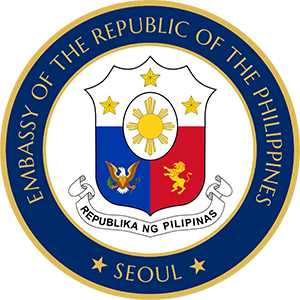


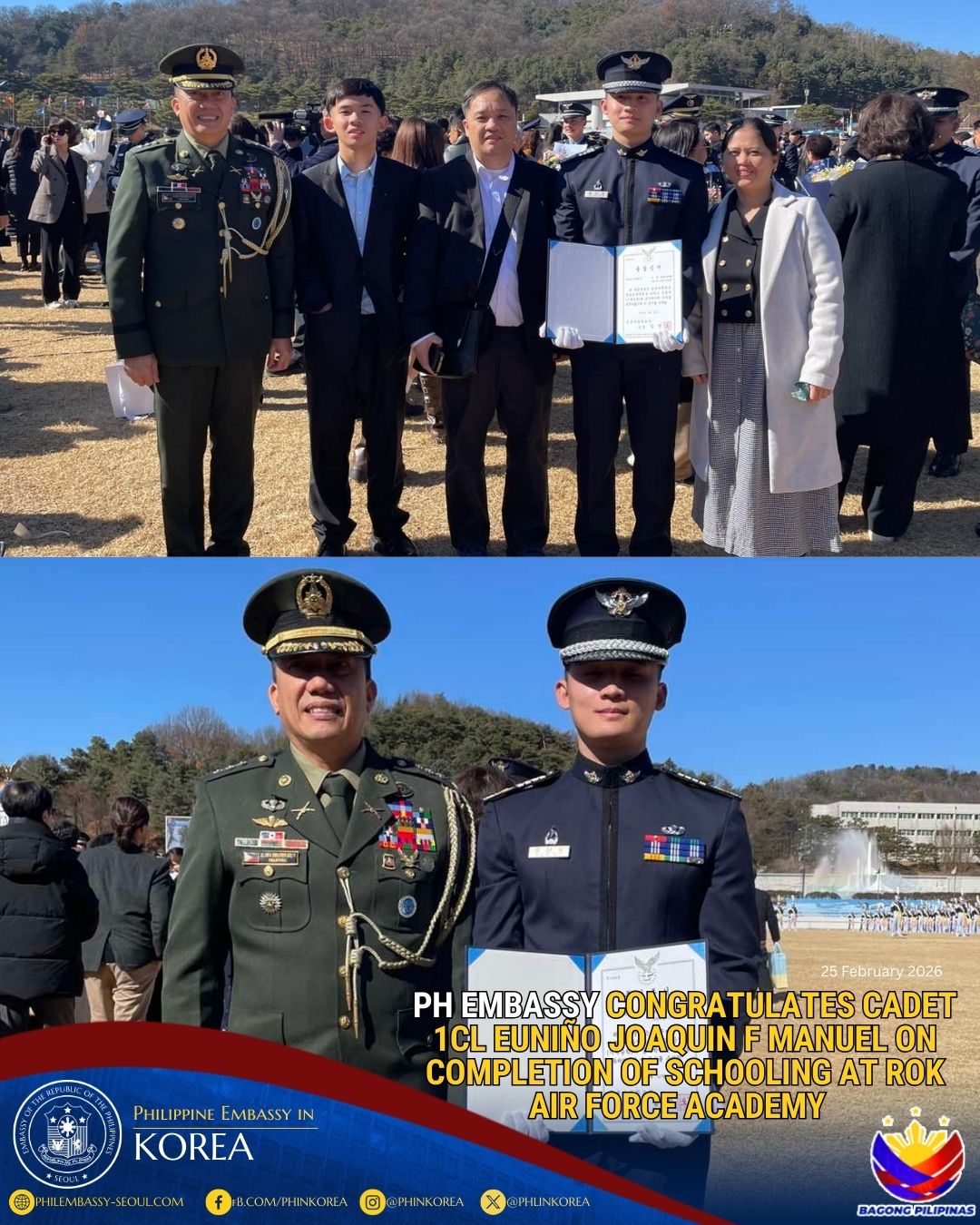 March 03, 2026
March 03, 2026
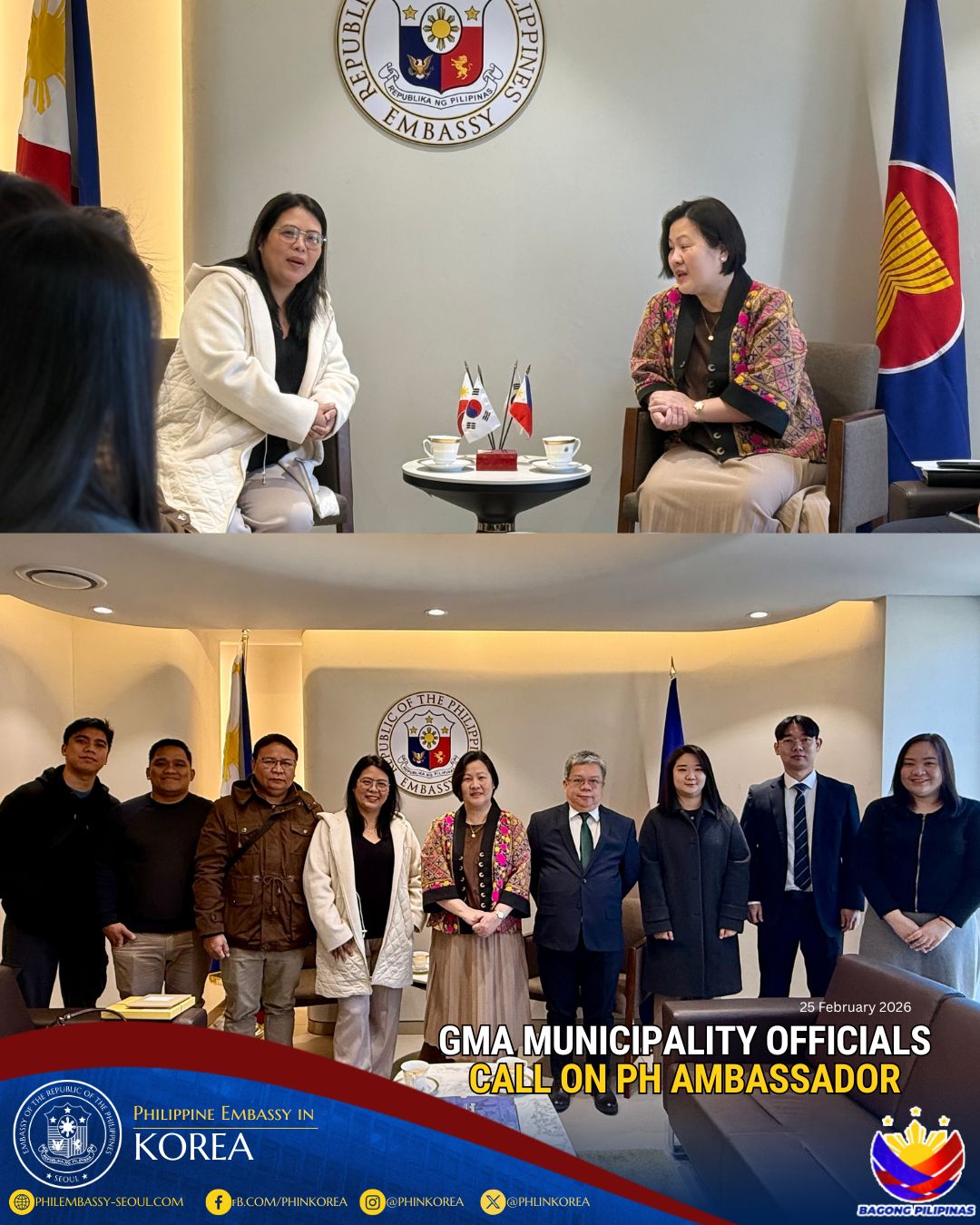 February 27, 2026
February 27, 2026
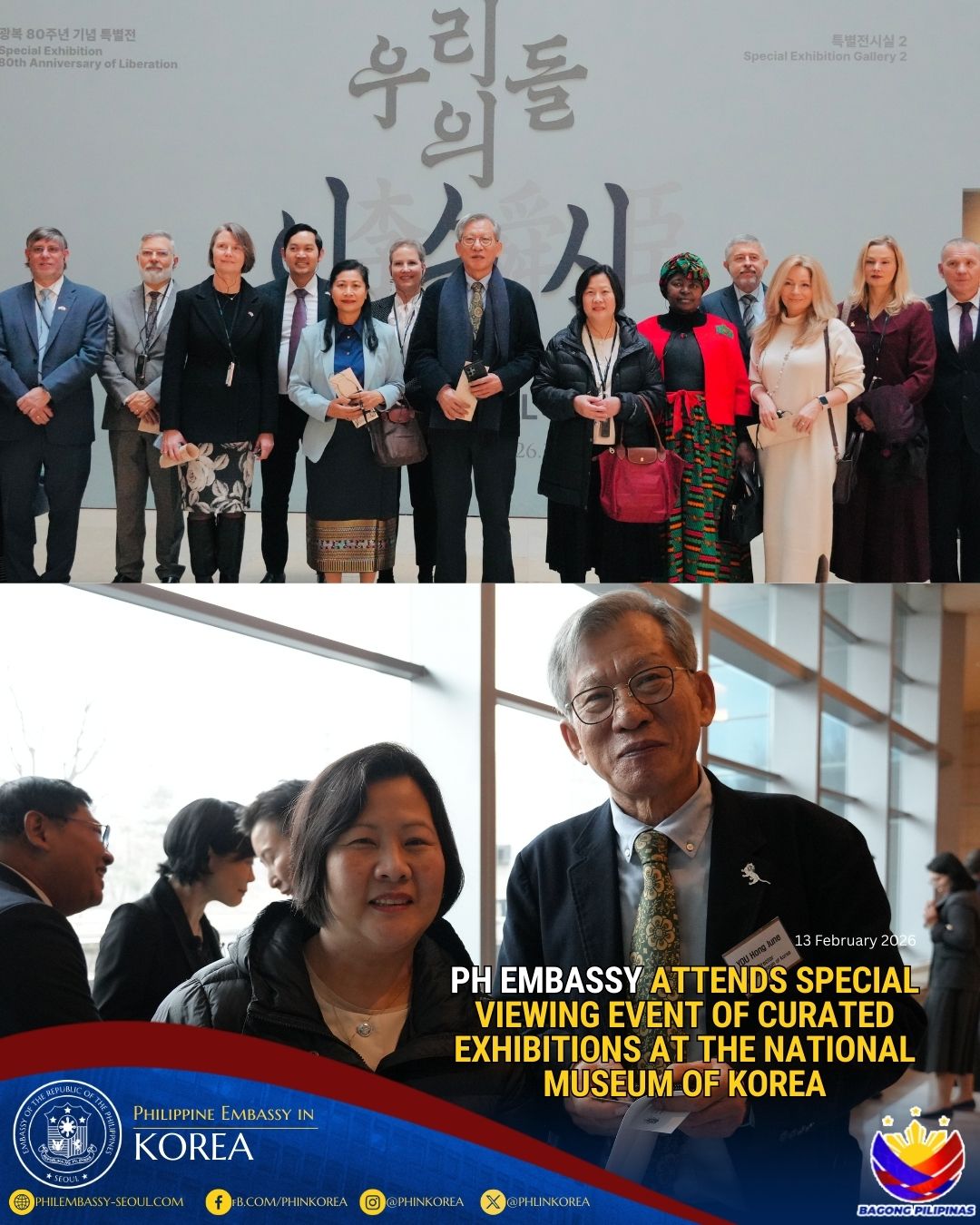 February 27, 2026
February 27, 2026
